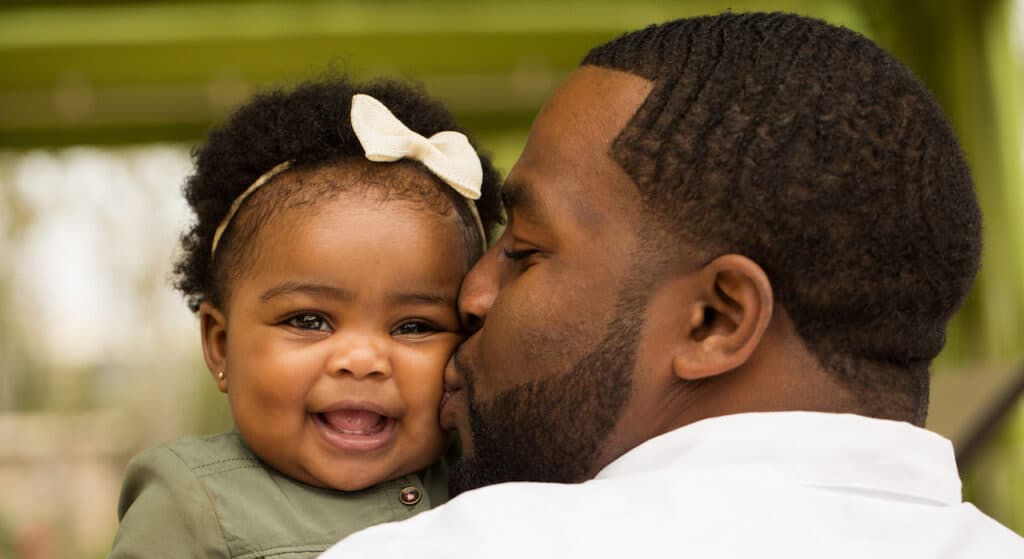
Saying and doing the right things are critical to your child’s recovery
Children need reassurance that you believe them, love them, and will continue to support and protect them. Here are some frequently asked questions and information for parents dealing with child abuse.

Your mental health as a caregiver matters, too.
You may feel shock, anger, guilt, fear, denial, shame, and many other perfectly normal emotions. But they are not always an accurate attribute or contribution to the situation. Blame and shame for the abuse falls on the offender. Express your emotions apart from your child.
- Don’t be afraid to cry, talk, express anger, and laugh.
- Find time to relax and exercise.
- Stay busy with family and friends and work.
- Accept things you cannot change.
- Focus on positive things in your life
- Ask for help. Your victim advocate can connect you to adult-friendly mental health providers in your area.
This page is also available as a Word Document
CACs, nurses, Victim Advocates, MDT members, and others working with children and families can print and share this page. Download the Word version.

